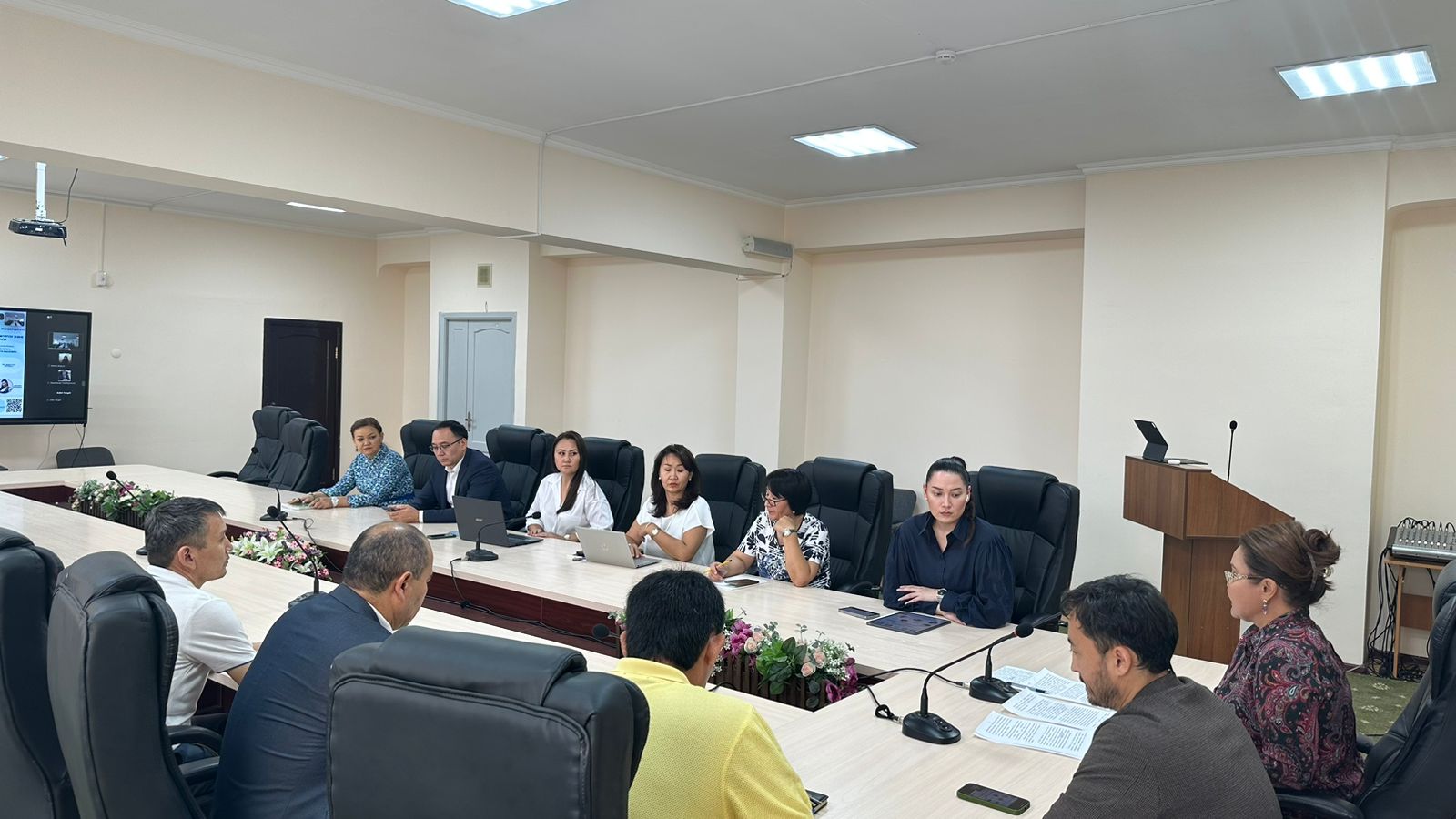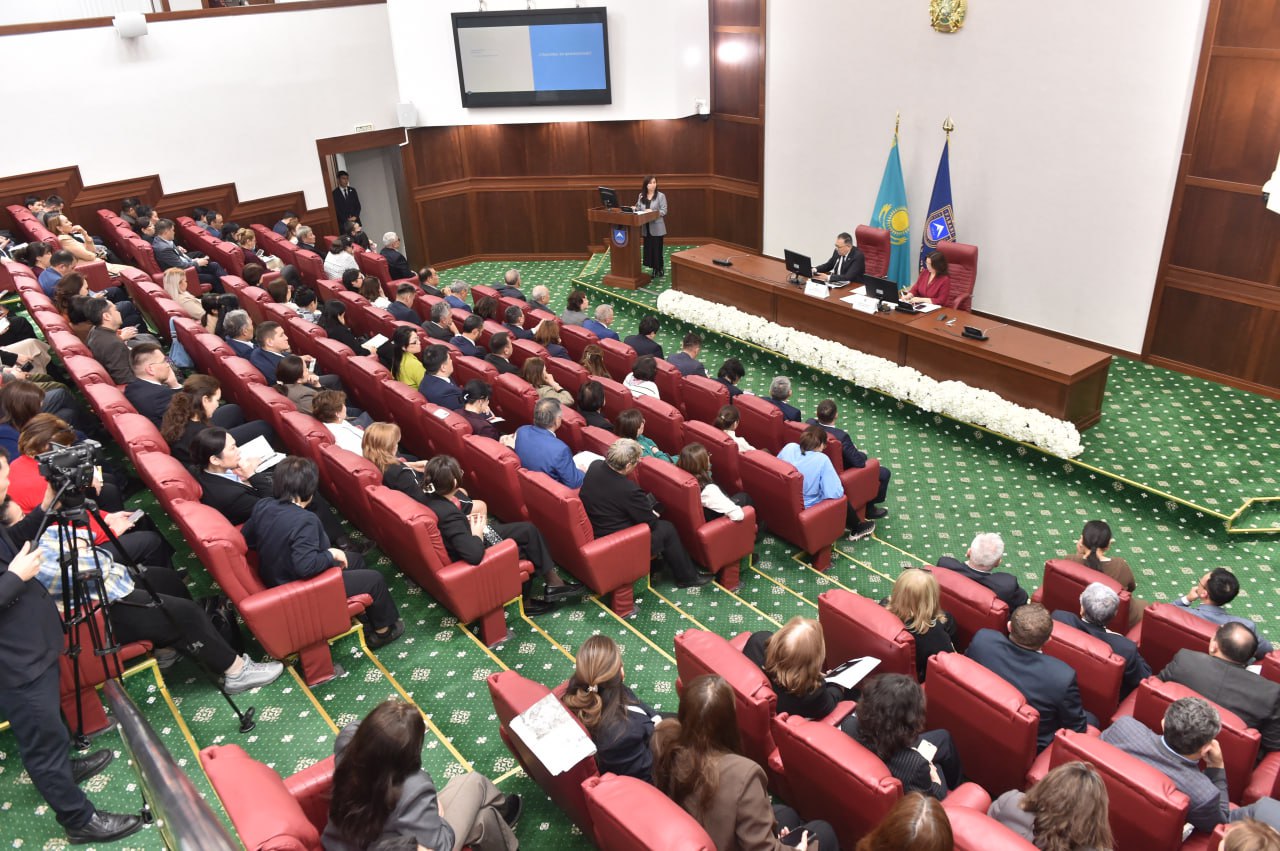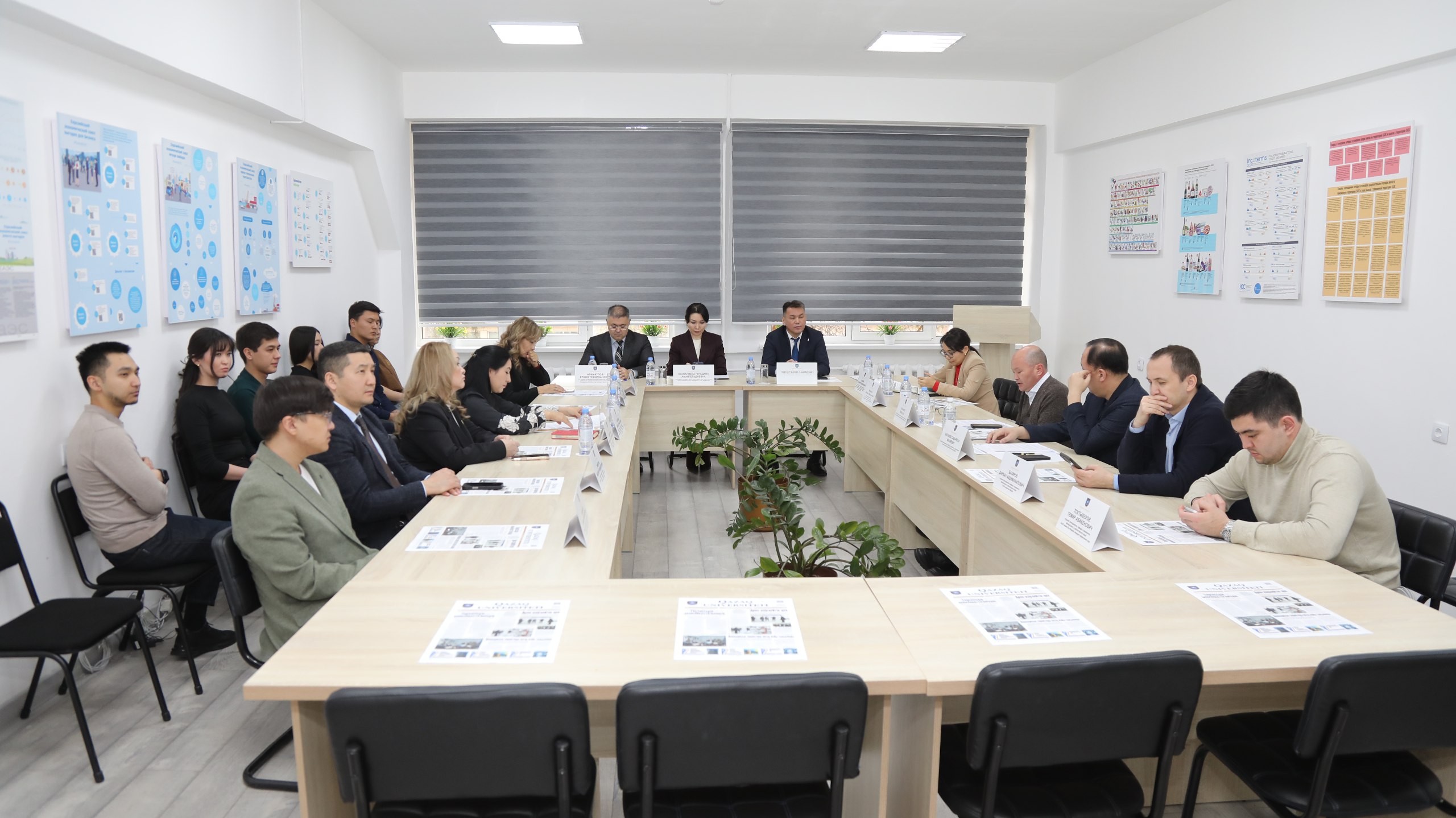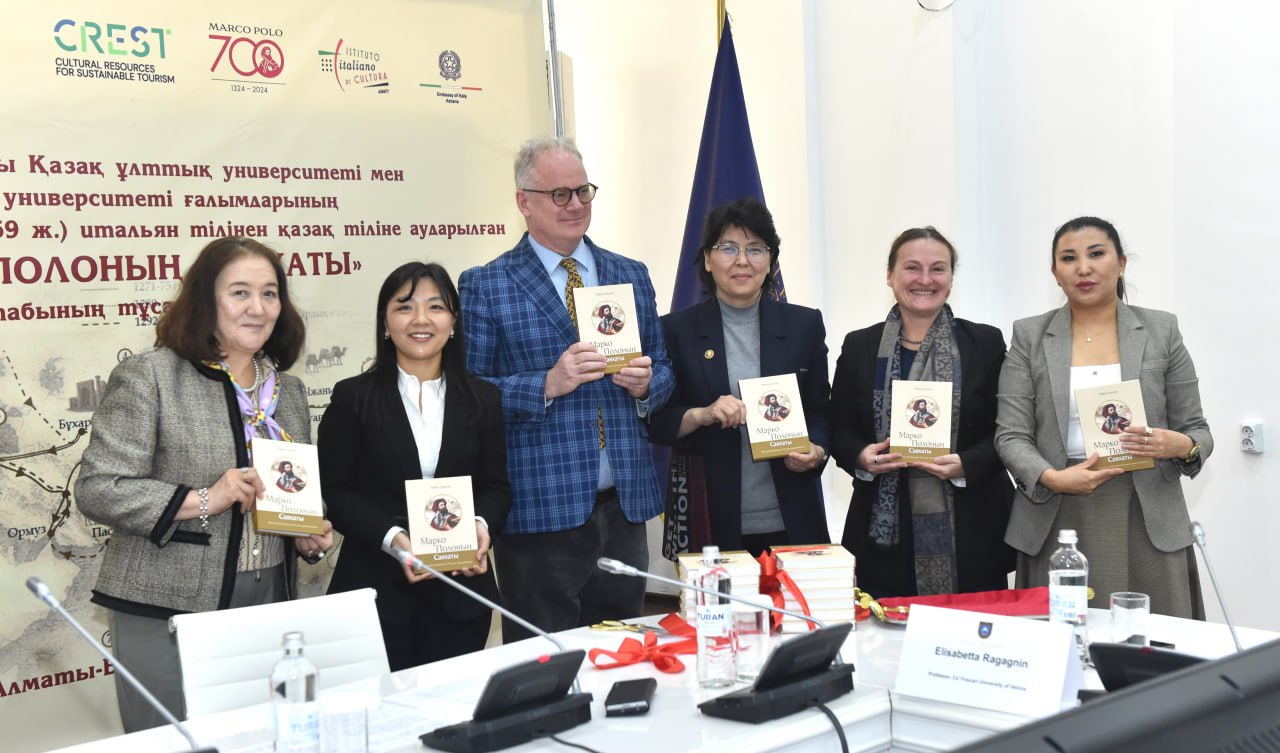- Main
- News
- webinar within the framework of the UN SDGs (Goal 5: Gender Equality) on the topic: "Problems of gender-motivated violence".
webinar within the framework of the UN SDGs (Goal 5: Gender Equality) on the topic: "Problems of gender-motivated violence".

On September 08, 2023, on the International Literacy Day, the Department of Criminal Law, Criminal Procedure and Criminalistics
held a webinar within the framework of the UN SDGs (Goal 5: Gender Equality) on the topic:
"Problems of gender-motivated violence".
The opening speech was made by the head of the Department of Criminal Law, Criminal Procedure and Criminalistics, Doctor of Law, Professor Rima Yerenatovna Dzhansaraeva, highlighting the importance of gender equality in the society of the Republic of Kazakhstan and the world. Special attention was paid to global research in this area: "1/3 of the world's women have been subjected to violence at least once in their lives." The priority of increasing access to education, medical services, and employment for girls and women was also voiced. Then the floor was given to the Speakers of the webinar: senior lecturer Suraeva K.S. and K.Yu.n. To Tlepbergenov O.N.
In her speech, K. Suraeva spoke about the concept of gender-motivated violence, its types and causes, consequences, as well as recommended measures to prevent gender-based violence, namely:
Gender
-sensitive violence prevention:
Strengthening legislation in accordance
with international human
rights standards
▪ Raising
public awareness about GMN
▪ Expanding access to justice
▪ Expansion of the network of crisis centers
* Strengthening the rehabilitation of victims of violence.
Speaker O. Tlepbergenov in his speech highlighted the violation of the constitutional rights of persons against whom violence is committed, the violation of public order, the undermining of the security of a democratic society, as well as the importance of preventing violence against women and children by raising public awareness of violence and ways of protection.
The participants and listeners of the webinar were more than 100 people from the public, representatives of schools, students, professionals, law enforcement officials, researchers and researchers in the field of human rights.
The section of the webinar "Questions and Answers" played a role for an effective dialogue between scientists and citizens, which allowed to deepen understanding of the problem of gender-motivated violence. Valuable feedback and questions were received that will help clarify the methodology and approach to solving this problem. Such interaction with the audience made the study more comprehensive and convincing. We thank everyone for their active participation and hope that our efforts will lead to positive changes in this area.
Other news


